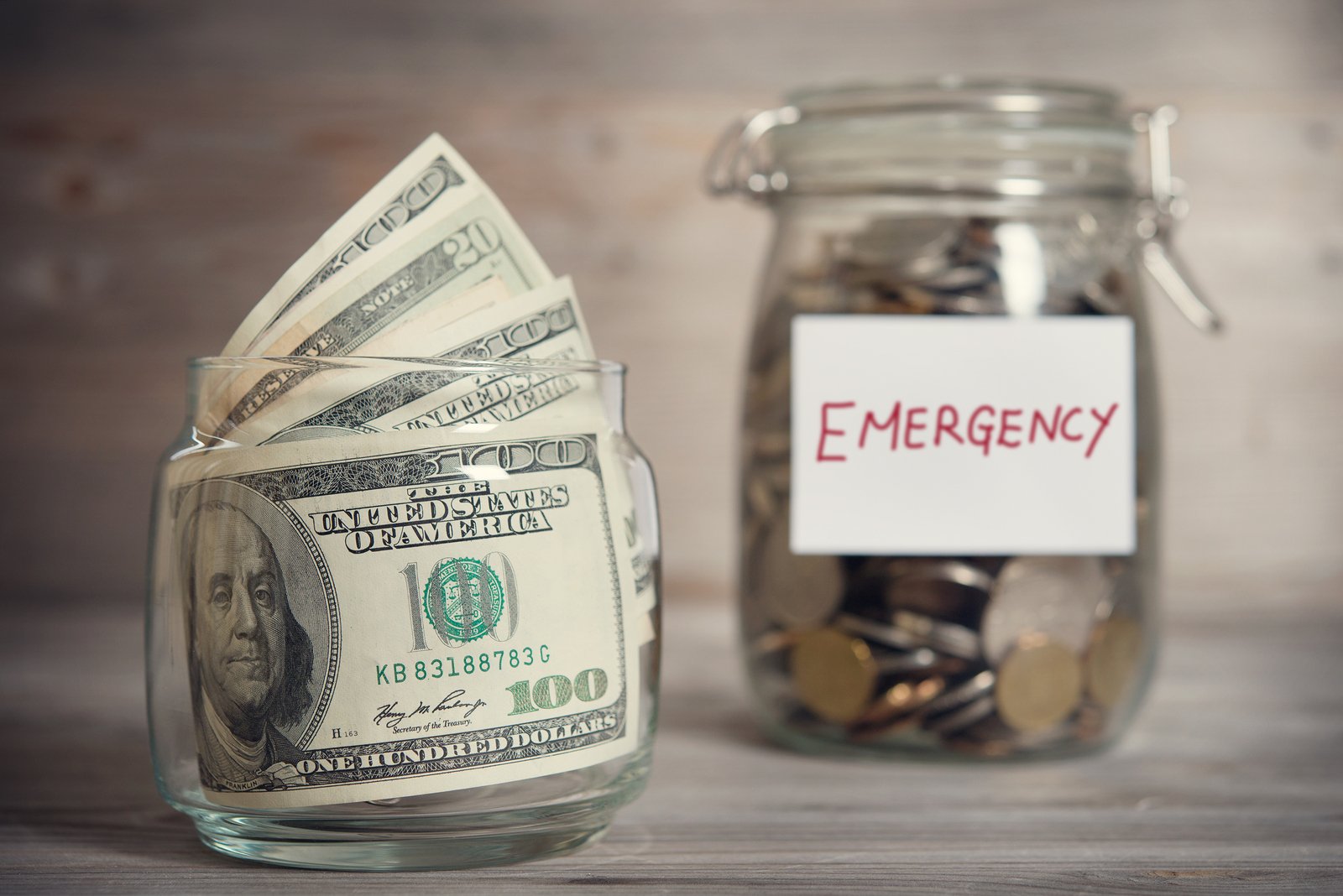For a church, cash flow can make or break its ability to survive. The reliance on member donations increases the need of church leaders to manage finances through revenue peaks and valleys. A cash reserve can be the buffer to carry you through the valleys. Without a cash reserve to draw from, many churches have found themselves scrambling to raise funds when needs come up.
What Are the Benefits of a Cash Reserve
A healthy cash reserve protects against unexpected expenses such as:
- Declines and variations in giving
- Cash flow gap
- Building maintenance and repair emergencies
- Loss of financial support for mission related programs
An emergency fund can help sustain your ministry during low giving times or a financial crisis. In addition, lenders often require churches to maintain a certain amount in reserve. Having a healthy reserve may help you qualify for a church loan when you need it.
Strategies for Building a Cash Reserve
-
Build saving into the budget.
The simplest, most effective way to build an emergency savings fund is to put it in the church budget by allocating a portion of monthly income as savings. For example, undesignated tithes and offerings can be assigned to a cash reserve.
-
Institute a thrifty spending plan.
Look for ways to cut expenses. Church leaders can communicate the need to the congregation and enlist members in a campaign to build a cash reserve. Use volunteers to supplement paid staff. Cut down on non-essential spending. By reducing or removing several small expenses, you can greatly increase your overall savings.
-
Sell unused assets
Does your church own land or buildings that are no longer used for programming? If the leadership determines that they are not needed, consider selling them to boost the church's cash reserve.
-
Increase donations and tithing.
Many church leaders, legitimately concerned about church finances, have developed strategies to increase giving from their congregation.
-
Grow the reserves through investment.
Since this money is for emergencies, it needs to be accessed easily. However, a portion of the funds should be targeted for interest earning investment. Consult a financial professional for help in developing a solid investment plan.
Churches can use many strategies for maintaining adequate cash reserves. Bottom line? Try to have enough to pay normal operating costs for at least three months. Six months is better. And remember, budgeting and cash flow management are the keys to running a financially healthy church.
Charles P. Myrick is a Washington, DC accounting firm offering specialized CFO services to churches and religious institutions. Myrick CPA was voted Best Accounting Firm in DC, 2016 and 2017, Washington City Paper Readers' Poll. Request a confidential consultation, today.






